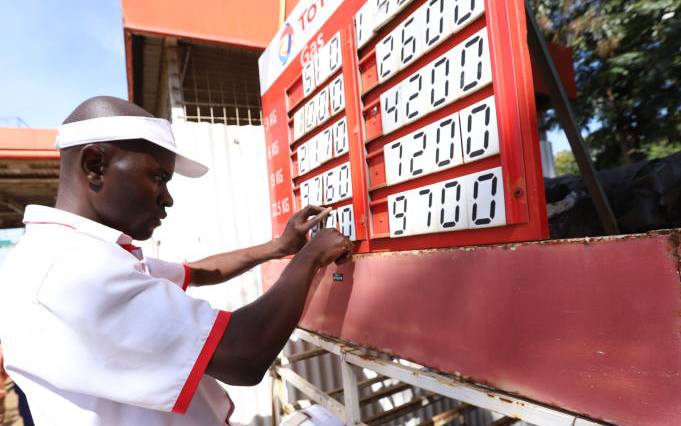×
The Standard e-Paper
Fearless, Trusted News

Stephen Barasa, petrol station supervisor at Total in Kibuye, Kisumu reviews the prices of fuel on May 5, 2019 a day after the change in pricing was effected by the government. [Denish Ochieng/ Standard]
Finance Cabinet Secretary Henry Rotich’s Sh3.1 trillion budget is clearly overambitious. This might just be the year that the country’s bottomless capacity for funding, and Kenyans’ capacity to pay up will diverge beyond tolerable levels.